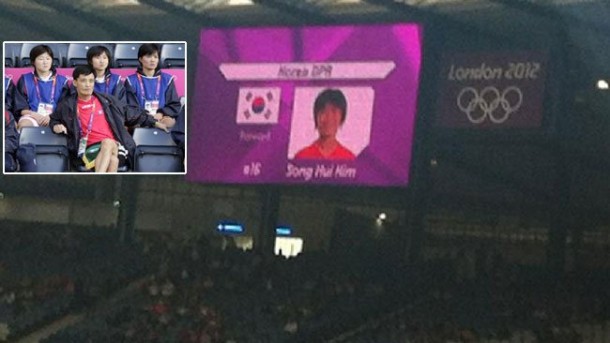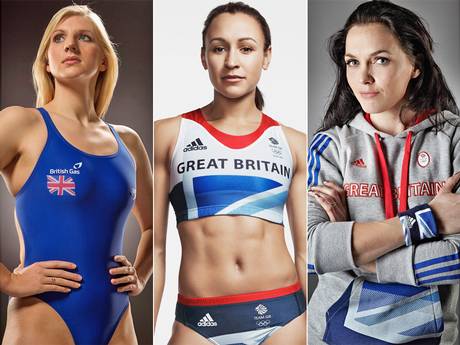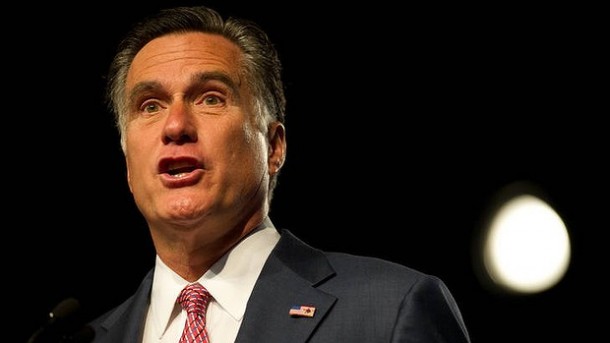North Korea flag gaffe ‘unfortunate,’ says David Cameron
The women’s football match between North Korea and Colombia was delayed by an hour after the Asian side refused to play when the flag of bitter enemies South Korea was displayed next to the names of their players on the stadium’s big screen.
But Lord Moynihan has stressed that if Team GB had run out to a flag of another team he would have understood that it was down to human error and not any kind of malice.
The London Organising Committee of the Olympic Games (Locog) have offered their unreserved apologies to the North Korean Olympic delegation and Lord Moynihan advised them to accept.
“Locog have said that this was something they were very sorry about,” said Lord Moynihan.
“Clearly it was an embarrassment. From our point of view if it had happened to us we would recognise that the organising committee had done their best to get it right, an error had been made and we would have accepted that apology.”
London 2012 Olympics News: The Charming women’s Games
Over the next two weeks, 4,847 women will take part in the London 2012 Games. Never before will so many have run, jumped, swum and ridden at an Olympic Games. Never before will any have boxed at the Olympics. Never before will every competing nation have been represented by at least one female athlete. And never before will a sporting regiment of women have had so many medals to win. This landmark episode in sporting history began yesterday afternoon when 22 women from Britain and New Zealand walked on to the sunlit surface of the Millennium Stadium in Cardiff to kick-off the first sporting action of the London Games, and it will end shortly after 6pm on 12 August when the last medal of the XXX Olympiad is handed out to a woman.
That woman will quite possibly be British, too, with Mhairi Spence the current world champion in the modern pentathlon, the event that has become the traditional sporting closer of the Games. Spence, the 26-year-old daughter of an Inverness kilt-maker, could become the last of an unprecedented number of female competitors to force their way into this nation’s male-dominated sporting consciousness.
Team GB contains more women than ever before (262, compared with 119 in 2008), and it is notable that a large number of the country’s leading gold medal hopes are female: from Jessica Ennis to Rebecca Adlington to the rowers Katherine Grainger and Anna Watkins, to the sailors Hannah Mills and Saskia Clark, and to the doyennes of Britain’s sport de jour, the cyclists Victoria Pendleton and Laura Trott – a 19-year-old star in the making. There are confident predictions that, for the first time, Britain will have more female than male medallists. And many of the brightest stars from overseas are female too, from Missy Franklin, the US wonder swimmer, to Yelena Isinbayeva, the Russian pole-vaulter, and Chen Ruolin, the Chinese diver.
This is not what Baron de Coubertin had in mind when he founded the modern Olympic movement. “Olympics with women would be incorrect, unpractical, uninteresting and unesthetic [sic],” declared the Frenchman shortly after overseeing the first modern (and men only) Games in 1896. Women’s role was to applaud the actions of their men, explained De Coubertin. More than a century later, some of the loudest applause at tomorrow’s opening ceremony will be aimed at two women walking behind the flag of Saudi Arabia. The Saudis were the last defenders of De Coubertin’s men-only ethos – although for very different reasons – but thanks to the quiet persistence of the man now in charge of the Olympic movement, Jacques Rogge, they have backed down, and the Belgian can allow himself a moment of quiet self-satisfaction at having helped to ensure that, for the first time, there is a woman in every team. Brunei and Qatar also field their first women, but the Saudis were last to give in to firm, if gentle, pressure from the International Olympic Committee.
This is a notable victory for Rogge, who steps down as president next year, even if there is an element of window-dressing to it. Neither of the two women selected to compete for the Saudis – the judoka Wodjan Shahrkhani and the 17-year-old 800m runner Sarah Attar – is based in the country, and doubts remain over how committed the Saudi sporting authorities are to encouraging long-term female sporting participation at home.
“It is a huge step forward in terms of what had gone before, and let’s record it as such,” said Sue Tibballs of the UK-based Women’s Sport and Fitness Foundation, who yesterday launched a campaign claiming London 2012 will be “the best ever games for women”.
“It’s a practical and symbolic step. It shows the IOC has the power to influence change if it chooses to use it. It did step up the pressure on Saudi Arabia, and it must continue to push for change. The Olympics is such a powerful event – economically and culturally – and it can be used to drive women’s rights around the world. Jacques Rogge has made real progress and Seb Coe and Locog deserve recognition too. They set out early on to ensure Locog was inclusive and to push women to the front.”
Locog, the organising committee, has more women in senior positions than any equivalent body in previous Olympics. In another first, the director of sport at the Games is a woman, Debbie Jevons. But it is what happens in the events she oversees that has the potential to start a sea-change in the standing of women’s sport in Britain and crucially in the attitude of women, in particular young women, to sport.
“This is a big opportunity,” said Tibballs. “The Olympics is a chance to open the window on women’s sport. But it only happens every four years – we must try to keep that window open.”
Only one in 10 girls aged 14 – it’s one in five women overall – take the required amount of weekly exercise, a dire figure Tibballs believes is in part down to the absence of high-profile role models. Outside the Olympics, women’s sport in Britain gets limited media attention, which makes it crucial that, when the spotlight is briefly turned on the likes of Ennis and Keri-Anne Payne, the home favourite to win gold in open water swimming, they make it to the top of the podium. “Girls need to see female athletes held up like men are,” said Tibballs. “Female role models are essential to inspire young girls to be more active, particularly in a culture that tells them that it is more important to be thin than fit.”
Inside the Games, equality is closer than ever. It was in 1900 that the first 22 women, out of a total of 997 athletes, took part. As recently as 1984, at the Los Angeles Games, the number of women involved remained less than a quarter. Four years ago in Beijing it was 43 per cent and in London it will be 1 per cent higher. A marginal rise, maybe, but the US and Canadian teams have more women than men for the first time and Team GB’s 262 women represent 48 per cent of the team’s total.
The introduction of women’s boxing means that for the first time both sexes will compete across all sports – and women will have 132 gold medals to win, five more than in Beijing. There was another first yesterday – the Moroccan 1500m runner, and favourite for gold, Mariem Alaoui Selsouli was sent home following the first positive dope test of London 2012. Other female firsts over the next 17 days should have a more positive and more lasting impact.
London 2012 Olympics News : David Cameron slaps down US presidential hopeful Mitt Romney over Games gaffe
Mitt Romney blundered on the first day of his London visit with undiplomatic remarks on the Olympics.
David Cameron swiftly rejected the US presidential hopeful’s claim that Britain may not unite to “celebrate” the London Games.
The Republican sparked a backlash as he arrived in Britain by raising a series of questions over the staging of the Olympics in the capital.
“It’s hard to know just how well it will turn out,” Mr Romney, who is running to unseat President Barack Obama in November’s election, told NBC News from London, where he will attend the opening ceremony of the games tomorrow.
“There are a few things that were disconcerting,” he said.
“The stories about the private security firm not having enough people, the supposed strike of the immigration and customs officials — that obviously is not something which is encouraging,” he warned.
Mr Romney also called into question whether the British people as a whole were behind the spectacle, saying this would be key to their success.
“Do they come together and celebrate the Olympic moment? And that’s something which we only find out once the games actually begin,” he said.
But the Prime Minister dismissed this suggestion and stressed he would be pointing this out to Mr Romney.
“In terms of the country coming together, I think the torch relay really demonstrated this is not a London Games, this is not an England Games, this is a United Kingdom Games,” he said.
“We will show the whole of the world not just that we come together in the United Kingdom but also we are extremely good at welcoming people from across the world.”
Mr Romney, a multimillionaire businessman and investor, was called in to head the 2002 Winter Games in Salt Lake City after preparations were marred by scandal and has first-hand knowledge of how to put on a successful Olympics.
[media id=555 width=610 height=340] [adrotate banner=”38″]




Big thanks for this good information. I`ll come back to this Site. Greetz from Wholesale Fashion Stockcontinent Germany